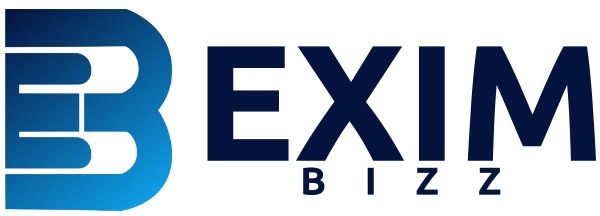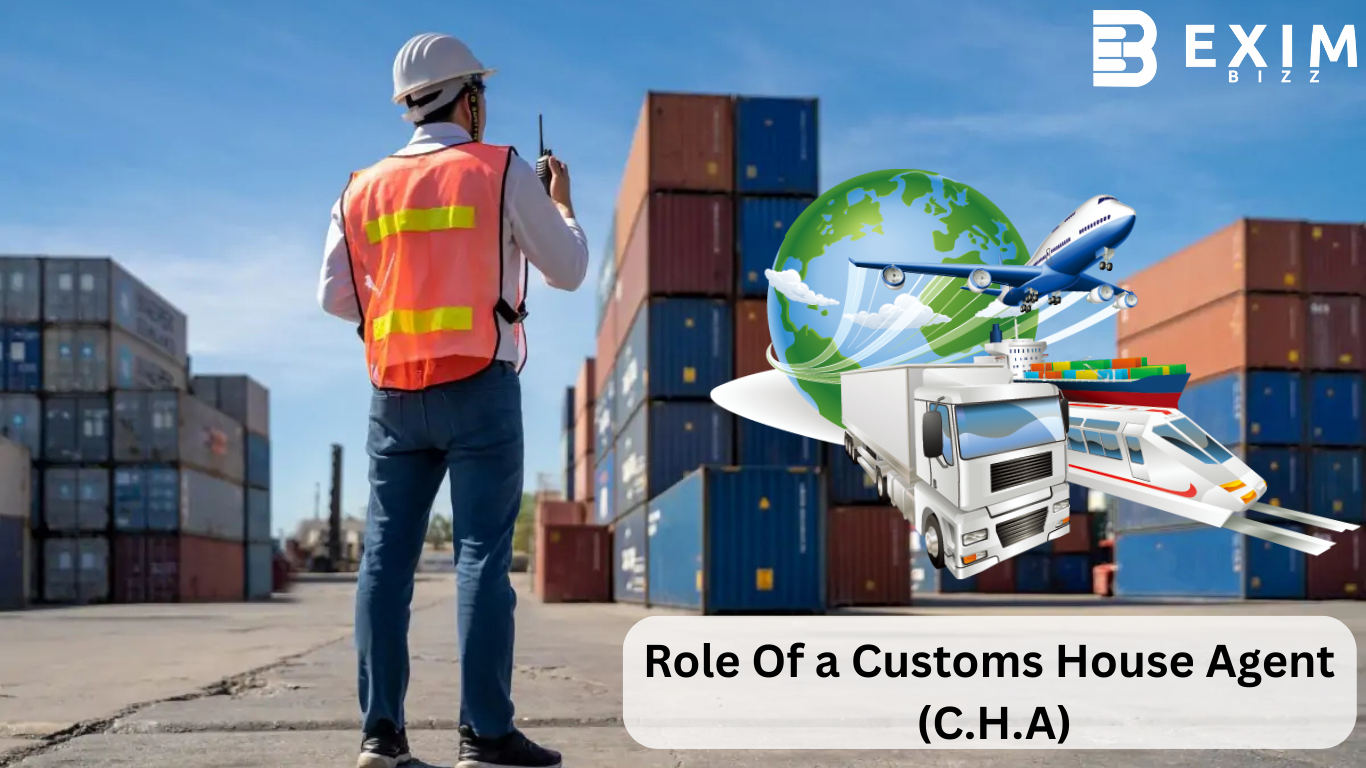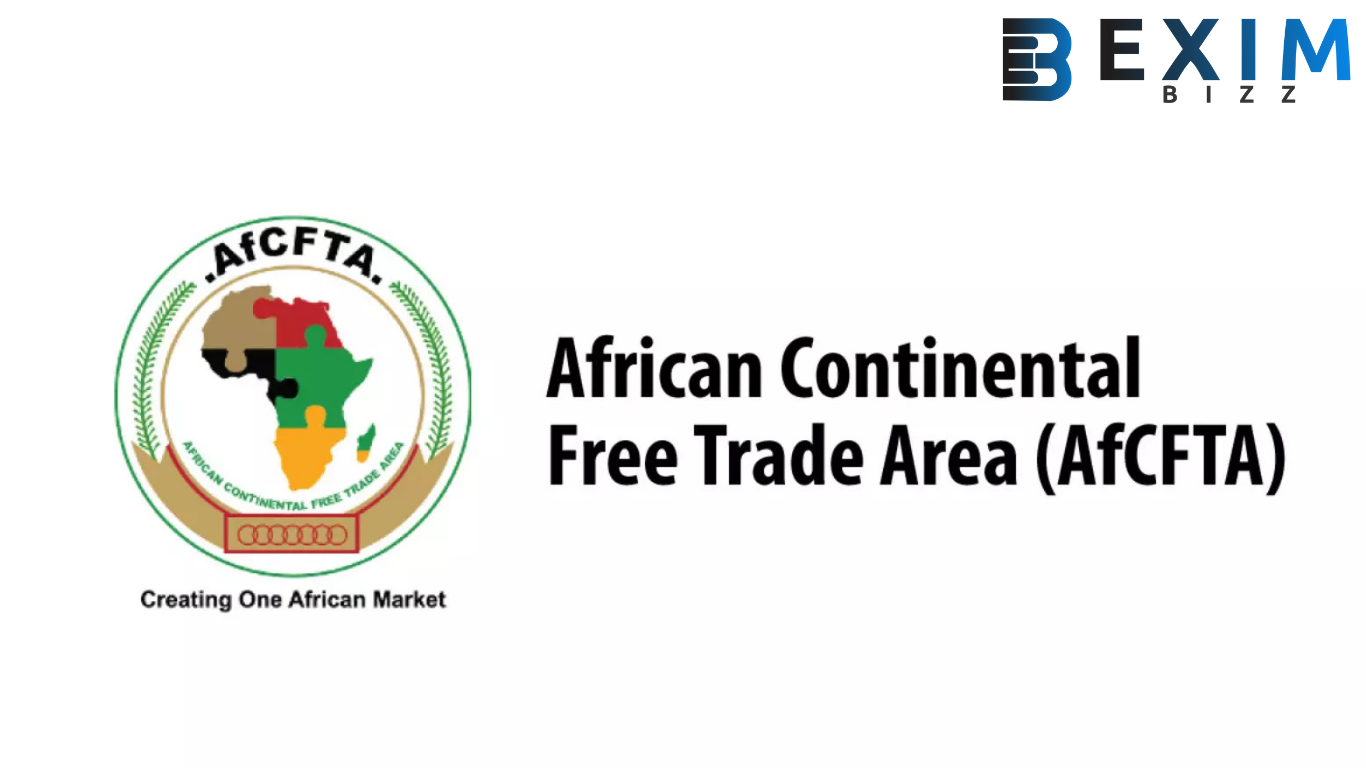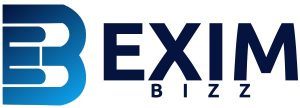In today’s globalized economy, international trade has become an integral part of business operations for companies across the globe. Whether you’re importing raw materials or exporting finished goods, navigating the complexities of customs regulations can be a daunting task. This is where a Customs House Agent (CHA) steps in – acting as your trusted partner to ensure smooth and compliant movement of goods across borders.
In this blog, we’ll explore what a Customs House Agent does, their key responsibilities, and why hiring one is essential for businesses engaged in import and export activities.
What is a Customs House Agent (CHA)?
A Customs House Agent (CHA) is a licensed professional authorized by the government (in India, by the Directorate General of Foreign Trade – DGFT) to resolve problems often faced by importers and exporters in dealings with customs authorities. Their primary role is to facilitate the clearance of goods through customs by ensuring all legal formalities and duties paid and rules and regulations are properly followed.
CHAs are experts in customs laws, documentation procedures, tariff classifications, and compliance requirements. They serve as intermediaries between the business and customs officials, helping streamline the process of importing and exporting goods.
Roles and Responsibilities of a Customs House Agent
- Documentation and Paperwork
- One of the most critical tasks of a CHA is preparing and submitting accurate documentation required for customs clearance.
- Documents typically include:
- Bill of Entry
- Shipping Bill
- Commercial Invoice
- Packing List
- Bill of Lading/Airway Bill
- Import/Export License
- Certificate of Origin
- Insurance Certificate
- Classification of Goods
- CHAs determine the correct HSN (Harmonized System of Nomenclature) code for goods, which is essential for calculating applicable duties and taxes such as IGST, and customs duty
- Filing of Shipping Bills and Bills of Entry
- For exports, CHAs file Shipping Bills, while for imports, they prepare and submit Bills of Entry to customs authorities.
- These documents contain detailed information about the consignment and help customs officers assess the legality and value of the goods.
- Payment of Duties and Taxes
- CHA’s calculate and assist timely payment of various duties and taxes, including basic customs duty, IGST, anti-dumping duty, and many more.
- They also help in claiming duty exemptions or rebates under various schemes like Duty Drawback, DEPB, or EPCG.
- Liaisoning with Government Authorities
- A CHA coordinates with various agencies such as customs, port authorities, shipping lines, freight forwarders, and banks to ensure hassle-free clearance of goods.
- They handle interactions with DGFT, RBI, SEZ authorities, and other regulatory bodies involved in international trade.
- Compliance and Legal Adherence
- Ensuring that all import/export transactions comply with the latest Foreign Trade Policy (FTP) and customs regulations is a key responsibility of a CHA.
- They stay updated with changes in trade policies, notifications, and circulars issued by the government.
- Inspection and Examination Coordination
- If customs authorities decide to physically inspect the cargo, the CHA arranges for the examination, coordinates with the concerned departments, and ensures minimal delays.
- Post-Clearance Formalities
- After the goods are cleared, the CHA handles delivery formalities, issues delivery orders, and ensures the goods reach the consignee without any hiccups.
- Advisory Services
- Many CHAs provide advisory services to businesses on matters such as:
- Choosing the right import/export scheme
- Understanding trade agreements and benefits
- Managing logistics and supply chain challenges
- Many CHAs provide advisory services to businesses on matters such as:
Why You Need a Customs House Agent
- Saves Time and Reduces Delays: With their expertise and experience, CHAs help expedite the clearance process, reducing transit time and associated costs.
- Ensures Compliance: Non-compliance with customs rules can lead to penalties, confiscation of goods, or legal complications. A CHA ensures all procedures are followed accurately.
- Cost Efficiency: Hiring a CHA involves some cost, but when we see it in long term it often results in overall savings by avoiding errors, delays, and unnecessary expenses.
- Expert Guidance: CHAs offer valuable insights into international trade practices, helping businesses make informed decisions.
- Focus on Core Business: By outsourcing customs formalities to a CHA, businesses can focus on their core operations without getting bogged down by complex paperwork.
How to Choose the Right Customs House Agent?
When selecting a CHA for your business, consider the following:
- Licensing and Registration: Ensure the agent is licensed by the DGFT and holds a valid CHA license.
- Experience and Expertise: Look for agents with experience in handling goods similar to yours.
- Reputation and Reviews: Check client testimonials and industry reputation before finalizing.
- Technology Integration: Opt for CHAs who use digital platforms and software for faster processing and real-time updates.
- Transparent Pricing: Choose an agent who offers clear and competitive pricing without hidden charges.
Conclusion
In the world of international trade, a Customs House Agent (CHA) plays a pivotal role in ensuring that your goods move smoothly across borders without unnecessary delays or legal hassles. From handling documentation to ensuring compliance and advising on trade strategies, a competent CHA is an invaluable asset for any business involved in import or export.
By partnering with a reliable CHA, you not only protect your shipments from potential risks but also unlock opportunities for growth in global markets.
If you’re looking for expert assistance with customs clearance, don’t hesitate to consult a certified Customs House Agent today!






